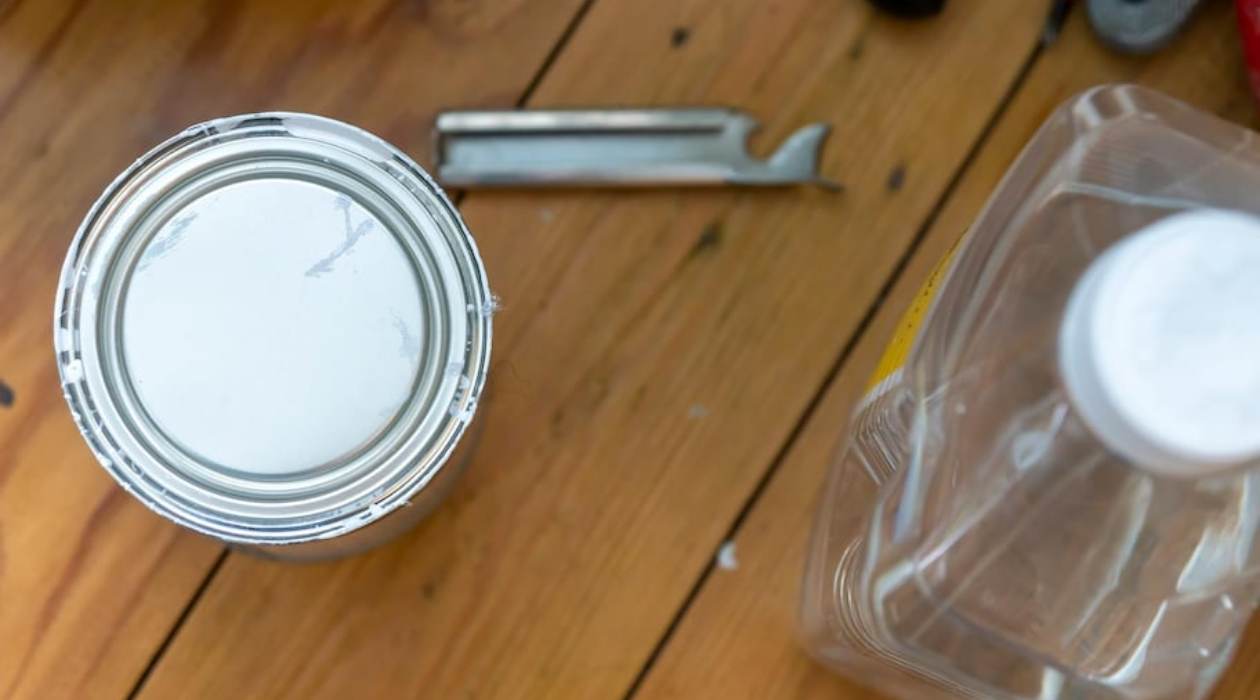

Articles
How To Store Mineral Spirits
Modified: August 17, 2024
Learn the best methods and tips for safely storing mineral spirits. Read our informative articles and keep your workspace organized and efficient.
(Many of the links in this article redirect to a specific reviewed product. Your purchase of these products through affiliate links helps to generate commission for Storables.com, at no extra cost. Learn more)
Introduction
Welcome to our comprehensive guide on how to store mineral spirits. Mineral spirits, also known as paint thinner, is a commonly used solvent for cleaning paint brushes, thinning paint, and degreasing surfaces. While it is a versatile and effective product, it is important to store mineral spirits safely to prevent accidents and maintain its quality over time.
In this article, we will discuss various safety precautions and best practices for storing mineral spirits. By following these guidelines, you can ensure the longevity of your mineral spirits and minimize the risk of any mishaps. So, let’s dive in and discover how to store mineral spirits effectively!
Key Takeaways:
- Prioritize safety by working in a well-ventilated area, wearing protective gear, and keeping mineral spirits away from heat sources and open flames to prevent accidents and maintain a safe environment.
- Properly label containers, avoid mixing with incompatible substances, and handle spills promptly to ensure safe storage, handling, and disposal of mineral spirits, promoting a safer environment for all.
Read more: What Is Mineral Glass
Safety Precautions
When working with mineral spirits, it is crucial to prioritize safety. Here are some essential safety precautions to keep in mind:
- Work in a well-ventilated area: Mineral spirits contain volatile organic compounds (VOCs) that release fumes, which can be harmful if inhaled. To minimize the risk, always work in a well-ventilated space like an open garage or outdoor area. If working indoors, ensure proper ventilation through windows or exhaust fans.
- Wear protective gear: When handling mineral spirits, protect yourself by wearing appropriate safety gear. This includes goggles, gloves, and a respirator mask designed for chemical fumes. These protective measures will help prevent direct contact with the skin, eyes, and respiratory system.
- Avoid smoking or open flames: Mineral spirits are flammable and can ignite easily. Keep all sources of ignition, such as smoking, open flames, and sparks, away from the work area. This includes avoiding the use of electrical equipment that could create sparks.
- Store away from heat sources: Heat can increase the volatility of mineral spirits and increase the risk of flammability. Store containers of mineral spirits in a cool, dry area away from direct sunlight and heating appliances.
- Keep out of reach of children and pets: Mineral spirits are toxic if ingested and can cause serious harm. Store them in a secure location and ensure they are unreachable by children and pets. Consider using childproof locks or cabinets for additional safety.
- No food or drink around mineral spirits: It is important to maintain a clean and hygienic workspace. Avoid consuming food or beverages in the same area where mineral spirits are stored or used to prevent accidental ingestion or contamination.
- Be cautious with spills and leaks: Accidental spills and leaks can happen. In the event of a spill, immediately clean it up using absorbent materials such as cat litter or sand. Properly dispose of the contaminated material according to local regulations.
- Regularly inspect containers: Check your mineral spirits containers for any signs of damage or deterioration. If a container is damaged, transfer the liquid to a new, undamaged container to prevent leaks or spills.
By following these safety precautions, you can ensure a safe working environment when handling and storing mineral spirits. Taking these measures not only protects you but also promotes responsible and safe use of the product.
Choosing the Right Container
When it comes to storing mineral spirits, selecting the right container is essential for maintaining its quality and ensuring safety. Here are some factors to consider when choosing a container:
- Material: Opt for a container made of high-density polyethylene (HDPE) or metal, such as steel or aluminum. These materials are compatible with mineral spirits and are resistant to corrosion.
- Sealing: Look for a container with a tight-fitting and leak-proof lid. This will prevent evaporation, minimize the risk of leaks, and preserve the purity of the mineral spirits.
- Size: Choose an appropriate container size based on your needs. Smaller containers are easier to handle and store, while larger containers may be more cost-effective for frequent use.
- Cleanliness: Ensure that the container is clean and free from any residues before transferring mineral spirits into it. Any contaminants can affect the quality and integrity of the stored product.
Additionally, it is important to avoid using containers that previously held incompatible substances, such as food containers or beverage bottles. These containers may not be designed to withstand exposure to mineral spirits and can potentially react, causing leaks or contamination.
Furthermore, label the container clearly with the name of the product to avoid confusion and prevent accidental ingestion or misuse.
By carefully choosing the right container, you can maintain the quality and safety of your mineral spirits, ensuring they remain effective for their intended purposes.
Storing Mineral Spirits in a Well-Ventilated Area
Proper ventilation is crucial when storing mineral spirits to prevent the build-up of harmful fumes and ensure a safe environment. Here are some tips for storing mineral spirits in a well-ventilated area:
- Select the storage location: Choose a storage area that has good air circulation. An open garage or a well-ventilated outdoor shed can be ideal options. If storing indoors, ensure there are windows or exhaust fans to allow fresh air to circulate.
- Avoid storing near living spaces: Keep mineral spirits storage away from living areas, such as bedrooms, kitchens, or family rooms. This helps prevent fumes from entering the living spaces and potentially causing health issues.
- Avoid storing with other chemicals: Do not store mineral spirits near other chemicals or substances that can potentially react with them. This includes household cleaners, paints, and adhesives. Chemical reactions can release toxic gases or cause fires, so it’s best to store mineral spirits separately.
- Ensure proper airflow: Allow for proper airflow around the containers by avoiding overcrowding or stacking them tightly. This helps prevent the concentration of fumes and allows the air to circulate freely.
- Regularly ventilate the area: Open windows or doors periodically to refresh the air inside the storage area. This helps remove any accumulated fumes and maintain a clean and well-ventilated environment.
By storing mineral spirits in a well-ventilated area, you can reduce the risk of inhaling harmful fumes and create a safer storage environment for the product.
Keeping Mineral Spirits Away from Flame and Heat Sources
Mineral spirits are highly flammable, and it is crucial to keep them away from flame and heat sources to prevent accidents. Here are some important guidelines to follow:
- Avoid open flames: Keep mineral spirits away from open flames, such as candles, gas stoves, or fireplaces. Even a small spark can ignite the fumes and cause a fire hazard.
- Stay away from heat sources: Store mineral spirits at a safe distance from heat sources, such as heaters, radiators, or electrical appliances that produce heat. Exposure to high temperatures can increase the volatility of the product and increase the risk of ignition.
- Do not expose to direct sunlight: Sunlight can generate heat, which can potentially raise the temperature of mineral spirits. Store the containers in a cool and shaded area to avoid any temperature fluctuations and minimize the risk of ignition.
- Avoid storing in hot environments: High ambient temperatures can cause an increase in pressure within the containers, potentially leading to leaks or explosions. Store mineral spirits in a location with a controlled temperature to ensure their stability.
- Handle with caution around ignition sources: When using mineral spirits, exercise caution when working near ignition sources, such as power tools, heating elements, or welding equipment. Ensure proper ventilation and take measures to prevent accidental contact between the product and the source of ignition.
- Store in an approved safety cabinet: If you are storing larger quantities of mineral spirits, consider using a dedicated safety cabinet designed for flammable liquids. These cabinets are made of fire-resistant materials and provide an additional layer of protection in case of a fire.
By following these precautions and keeping mineral spirits away from flame and heat sources, you can significantly reduce the risk of fire and maintain a safe storage environment for the product.
Read more: Why Is Glass Not A Mineral
Storing Mineral Spirits Away from Children and Pets
Mineral spirits can be hazardous if ingested or improperly handled, making it crucial to store them in a secure location away from the reach of children and pets. Here are some important guidelines to follow:
- Elevate the storage: Store mineral spirits containers in a high and secure location where children and pets cannot reach them. Consider using shelves or cabinets with childproof locks to further enhance the safety measures.
- Use child-resistant caps: If possible, choose containers with child-resistant caps. These caps feature an additional safety mechanism that makes it difficult for children to open them, reducing the risk of accidental exposure.
- Keep containers tightly closed: Always ensure that the lids of mineral spirits containers are securely closed when not in use. Tight closures help prevent spills and leaks that could attract the curiosity of children or pets.
- Store in a dedicated area: Keep mineral spirits in a dedicated storage area away from other household items. This helps minimize the chances of children or pets accidentally coming into contact with the product.
- Label containers clearly: Clearly label the containers of mineral spirits with the appropriate warnings and the product’s name. This ensures that adults are aware of the contents and can take proper precautions.
- Educate and communicate: Educate family members about the dangers of mineral spirits and how to handle them safely. It is important to communicate the risks to children and ensure they understand the importance of staying away from the product.
Accidental ingestion of mineral spirits can result in serious health consequences, and exposure to the product’s fumes can be harmful. By storing mineral spirits away from children and pets, you can minimize the risk of accidents and promote a safe environment for all.
Store mineral spirits in a cool, dry, well-ventilated area away from heat and open flames. Keep the container tightly closed when not in use to prevent evaporation.
Proper Labeling of Mineral Spirits Containers
Properly labeling mineral spirits containers is essential to ensure that they are identified correctly and handled safely. Here are some important guidelines for labeling mineral spirits containers:
- Name of the product: Clearly label the containers with the name of the product, such as “Mineral Spirits” or “Paint Thinner.” This helps identify the contents at a glance and prevents any confusion or misuse.
- Warnings and hazards: Include prominent warning labels on the containers to indicate that the product is flammable and toxic. This alerts users to the potential risks and encourages them to take appropriate precautions.
- Safety instructions: Provide clear instructions for safe handling and storage on the label. This may include information about proper ventilation, the use of personal protective equipment, and how to handle spills or accidents.
- Contact information: Include the contact information of the manufacturer or distributor on the label. This allows users to reach out if they have any questions or need further information about the product.
- Date of purchase or expiration: If applicable, indicate the date of purchase or the expiration date on the label. This helps users keep track of the freshness and effectiveness of the mineral spirits and ensure that they are used within their recommended shelf life.
Proper labeling of mineral spirits containers promotes safety and helps users make informed decisions when handling the product. It also ensures that everyone in the space, including yourself and others, can quickly and easily identify the contents and understand the necessary precautions to take.
Avoiding Mixtures with Incompatible Substances
When storing mineral spirits, it is crucial to avoid mixing them with incompatible substances. Mixing incompatible substances can result in chemical reactions, hazardous fumes, or even explosions. Here are some important guidelines to follow:
- Avoid mixing with water-based products: Mineral spirits are oil-based solvents and should not be mixed with water-based products, such as latex paints or water-based cleaners. These substances do not mix well and can lead to separation, coagulation, or other undesirable effects.
- Avoid mixing with oxidizers: Oxidizers, such as bleach or hydrogen peroxide, should not be mixed with mineral spirits. These substances can react vigorously with mineral spirits, potentially causing fires or explosions.
- Avoid mixing with acids or bases: Mixing mineral spirits with acids or bases can result in chemical reactions that produce toxic gases or heat. Avoid combining mineral spirits with substances such as vinegar, ammonia, or strong alkaline cleaners.
- Read product labels: Always read and follow the labels of the products you use to ensure compatibility with mineral spirits. The labels provide valuable information regarding the substances that can be safely used together.
- Store incompatible substances separately: Keep mineral spirits separate from incompatible substances in your storage area. Use designated shelves or storage cabinets to prevent accidental mixing or cross-contamination.
By avoiding mixtures with incompatible substances, you can prevent hazardous reactions and ensure the integrity of your mineral spirits. Take the time to familiarize yourself with the properties of the substances you are using and exercise caution when storing or using them in combination.
Handling Spills and Clean-up Procedures
Accidental spills can occur when working with mineral spirits, but it is important to handle them promptly and correctly to minimize risks and prevent damage. Here are some steps to follow when dealing with spills and clean-up procedures:
- Assess the situation: Evaluate the extent of the spill and the potential risks involved. Determine if it is a small spill that can be handled easily or if it requires professional assistance.
- Contain the spill: Immediately contain the spill to prevent it from spreading further. Use absorbent materials, such as paper towels, rags, or spill-control pads, to soak up the liquid and create a barrier around the affected area.
- Avoid skin contact: Put on protective gloves before handling the spill to avoid direct contact with the mineral spirits, which can irritate the skin. If any skin contact occurs, wash the affected area with soap and water thoroughly.
- Ventilate the area: Ensure proper ventilation by opening windows or using fans to disperse any fumes that may be released from the spill. This helps maintain a safe environment during the clean-up process.
- Dispose of absorbent materials: After absorbing the spilled mineral spirits, place the used absorbent materials in a sealed bag or container. Dispose of them according to local regulations, as they may be considered hazardous waste.
- Clean the affected surface: Use a suitable cleaning solution, such as a mild detergent or a recommended solvent, to clean the affected surface. Follow the instructions on the product label and scrub gently to remove any residue or stains.
- Properly store and label used cleaning materials: Store the used cleaning materials, such as rags or paper towels, in a separate container labeled as hazardous waste. Dispose of them properly according to local regulations.
- Inspect and repair: After cleaning up the spill, inspect the area for any damage or potential leaks that may have caused the spill. Repair any damaged containers or storage systems to prevent future accidents.
Remember, in the case of larger spills or spills involving a significant quantity of mineral spirits, it is advisable to seek professional assistance or contact the appropriate authorities for guidance.
By following these spill and clean-up procedures, you can address spills safely and effectively, minimizing the impact and maintaining a safe working environment.
Read more: What Is Mineral Wool Insulation
Disposal of Unused Mineral Spirits
Proper disposal of unused mineral spirits is crucial to protect the environment and ensure that it does not pose any risks to human health or wildlife. Here are some guidelines to follow when disposing of unused mineral spirits:
- Check local regulations: Research and familiarize yourself with the disposal guidelines specific to your area. Local regulations may dictate specific methods or facilities where you can dispose of hazardous waste like mineral spirits.
- Recycling programs: Look for local recycling programs or hazardous waste collection centers that accept mineral spirits. These facilities are equipped to handle and dispose of hazardous substances in an environmentally friendly manner.
- Secure and seal containers: Ensure that the mineral spirits are stored in appropriate containers with tightly sealed lids. This prevents leaks or spills during transportation or disposal.
- Do not pour down the drain or toilet: Never dispose of mineral spirits by pouring them down the drain, toilet, or any other household plumbing. This can contaminate the water supply and harm the environment.
- Do not burn or incinerate: Burning mineral spirits is dangerous and can release toxic fumes into the air. Do not attempt to burn or incinerate the product to dispose of it.
- Contact waste disposal facilities: If you are unsure about the proper disposal methods, contact waste disposal facilities in your area or consult with local environmental agencies for guidance.
- Consider reusing or donating: If you have small amounts of unused mineral spirits that are still in good condition, consider reusing them for their intended purpose or donating them to someone who can make use of them. Check with local community organizations, schools, or art centers that may accept these materials.
Remember, proper disposal of unused mineral spirits is essential for maintaining a clean and safe environment. By following the recommended disposal practices and adhering to local regulations, you can contribute to responsible waste management and protect our surroundings.
Conclusion
Proper storage of mineral spirits is essential for both safety and maintaining the quality of the product. By following the guidelines outlined in this article, you can ensure that your mineral spirits are stored safely and securely.
First and foremost, prioritize safety by working in a well-ventilated area and wearing appropriate protective gear. Keep mineral spirits away from flame and heat sources to prevent accidents. Store them in a secure location, out of reach of children and pets, and properly label the containers with necessary warnings and instructions.
Avoid mixing mineral spirits with incompatible substances, as they can result in hazardous reactions. In the event of spills, handle them promptly by containing the spill, properly disposing of absorbent materials, and cleaning the affected surface with suitable cleaning solutions.
Lastly, be responsible when disposing of unused mineral spirits. Follow local regulations and seek out recycling programs or hazardous waste collection centers for proper disposal.
By implementing these practices and guidelines, you can ensure the safe storage, handling, and disposal of mineral spirits, promoting a safer environment for yourself, others, and the planet.
Remember, safety should always be a top priority, and staying informed and educated about the proper usage and storage of mineral spirits will help you minimize risks and maximize effectiveness.
After mastering how to store mineral spirits, why not expand your knowledge on related products? Our next guide dives into selecting the best paint thinner options available for the upcoming year. Whether you're a professional painter or a DIY enthusiast, understanding these essentials can significantly improve your projects and safety practices. So don't miss out; read on to find out more about these indispensable tools for any painting task.
Frequently Asked Questions about How To Store Mineral Spirits
Was this page helpful?
At Storables.com, we guarantee accurate and reliable information. Our content, validated by Expert Board Contributors, is crafted following stringent Editorial Policies. We're committed to providing you with well-researched, expert-backed insights for all your informational needs.
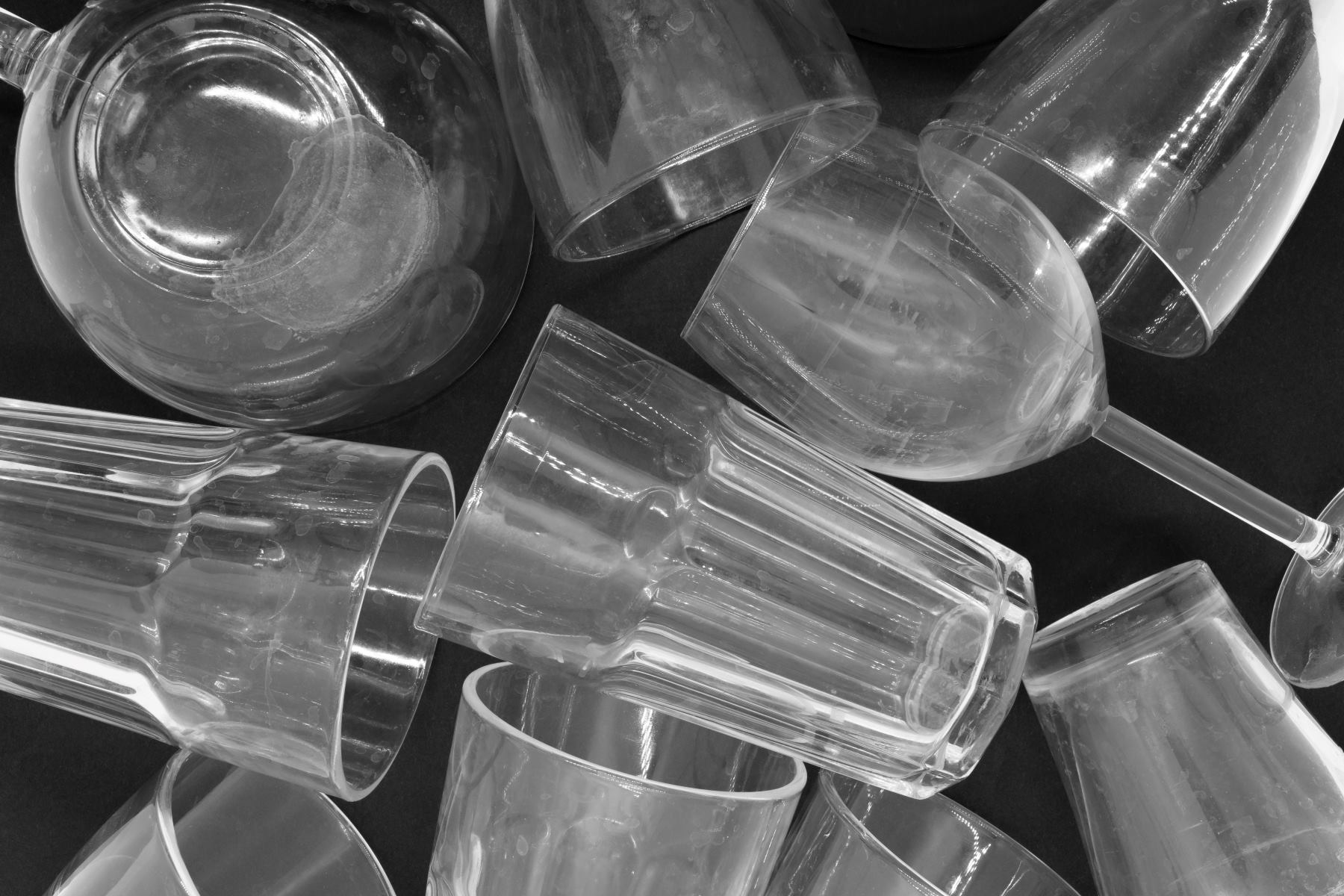


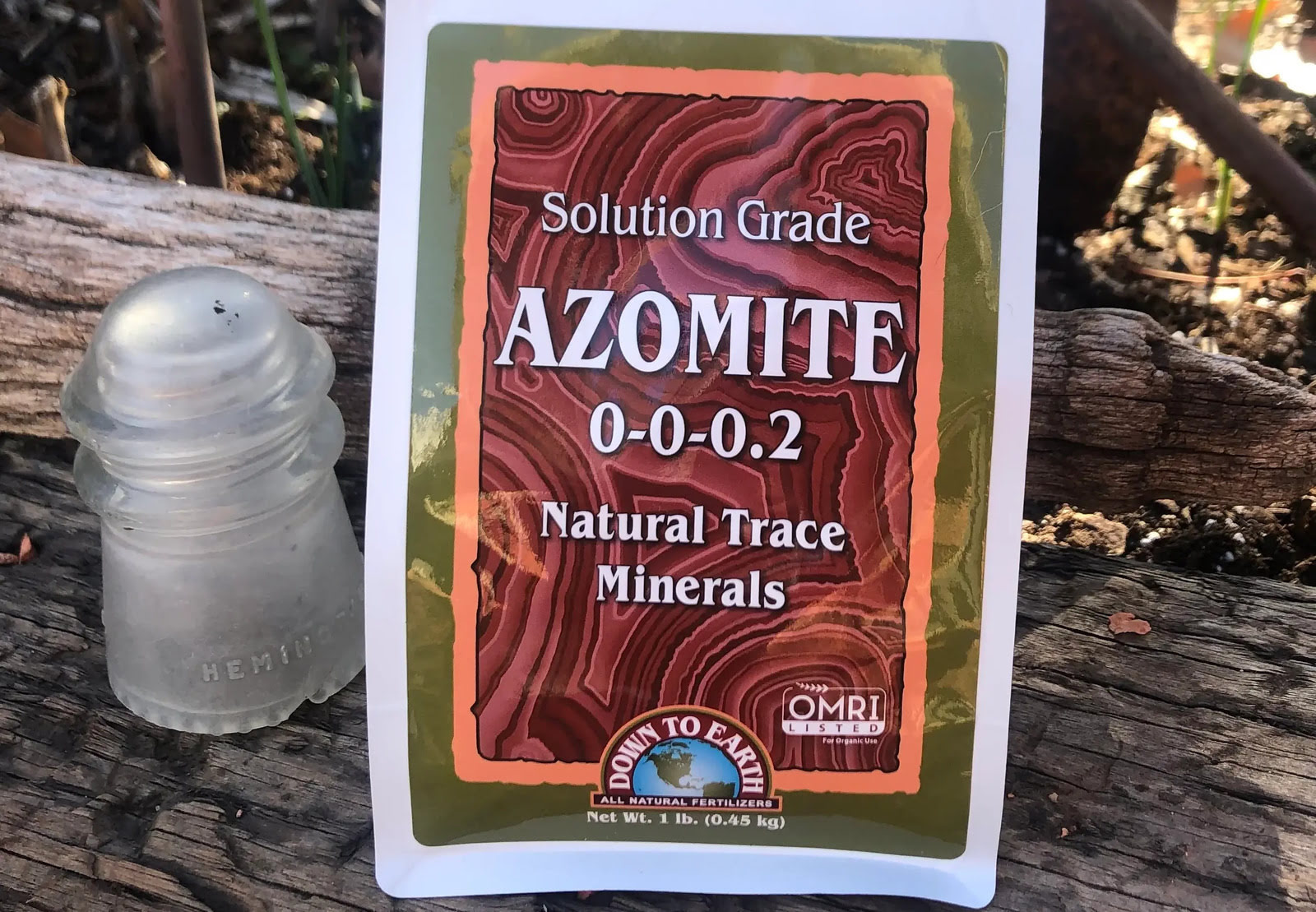
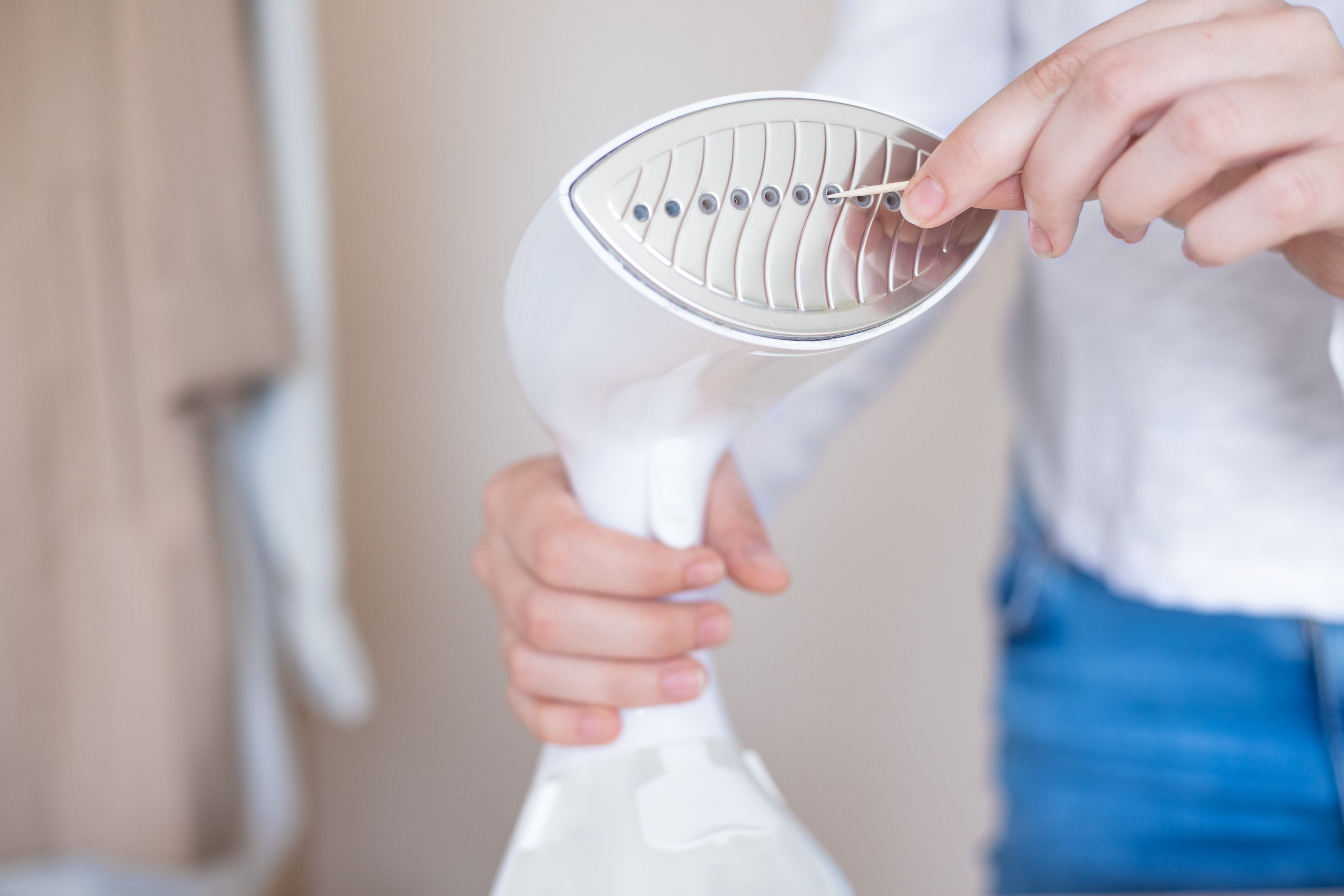
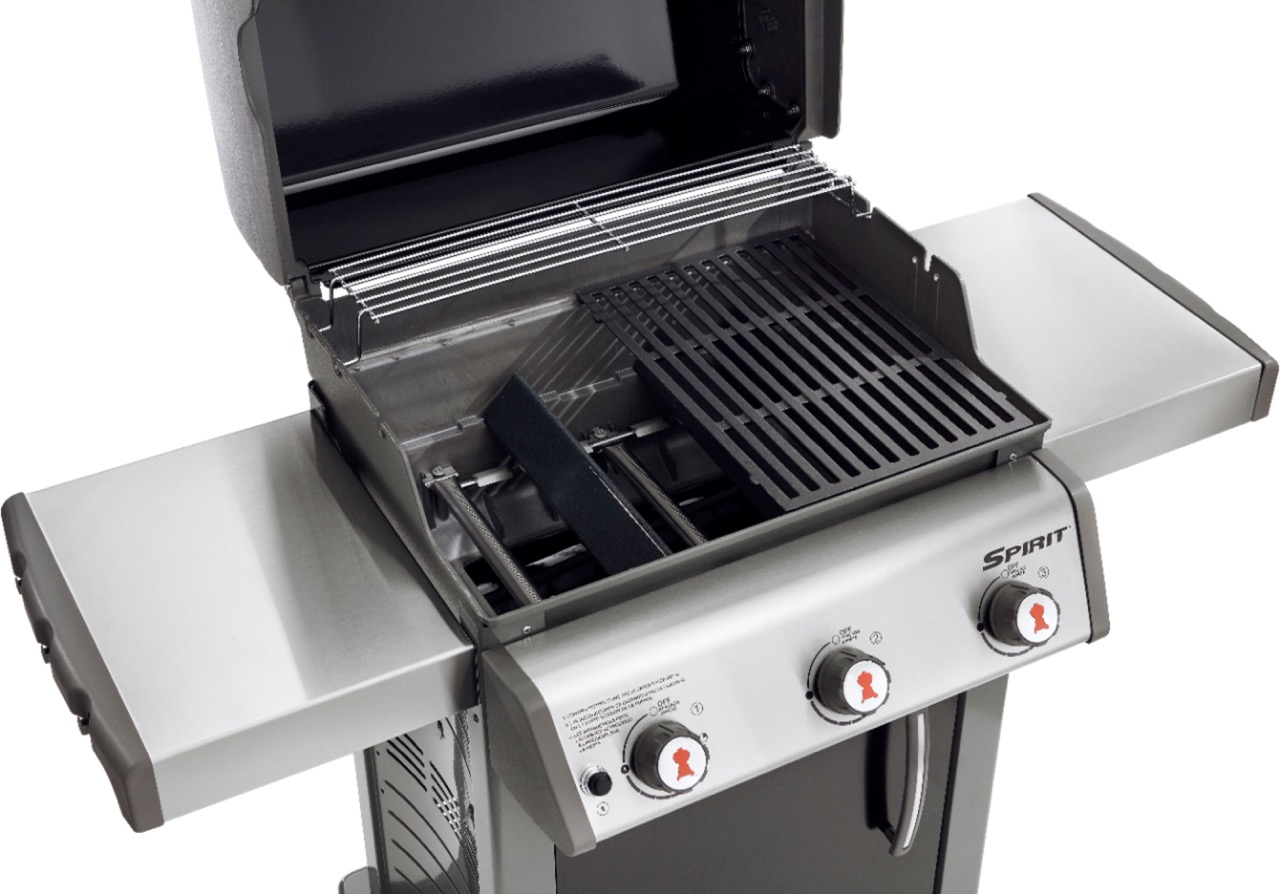

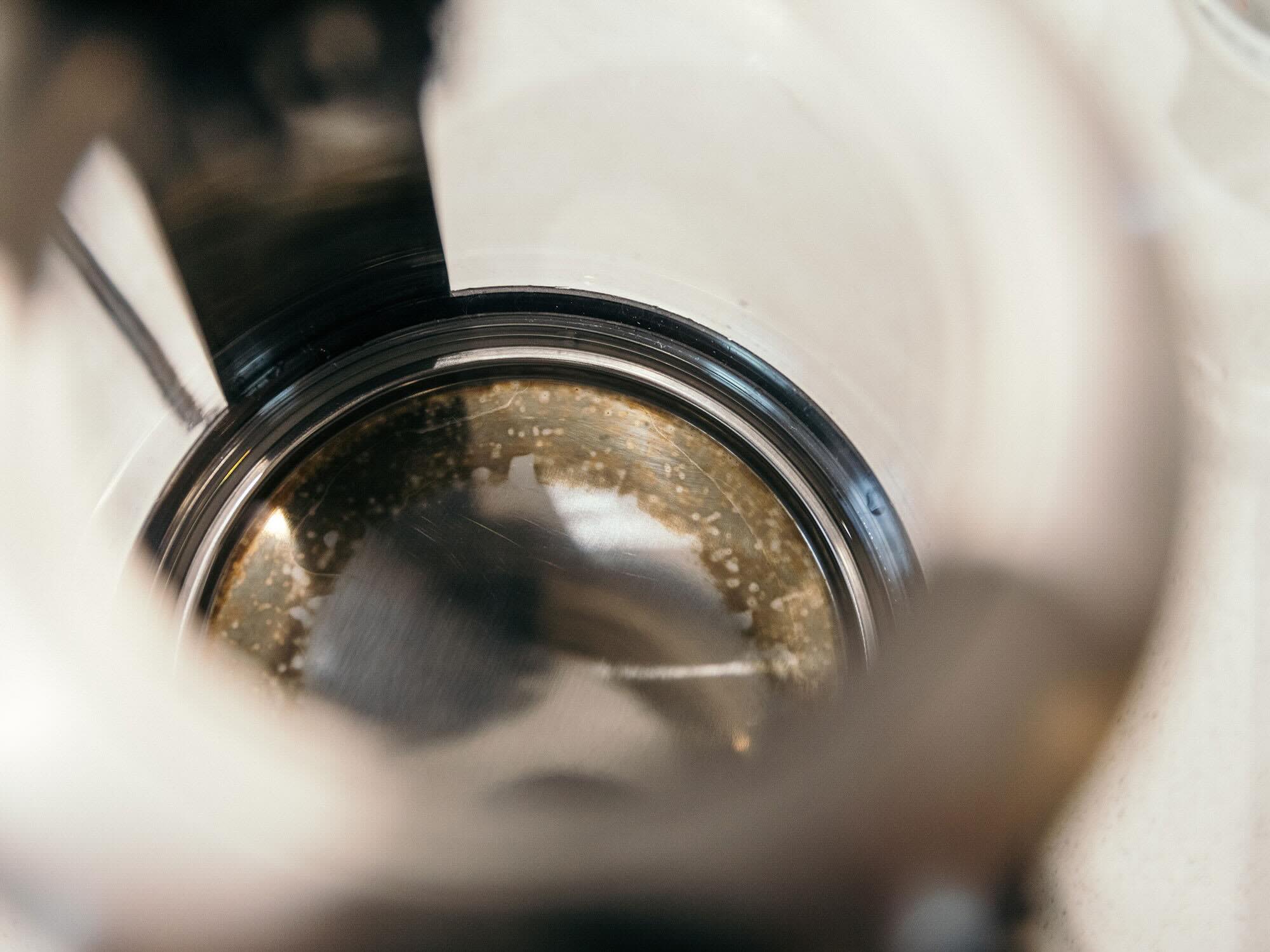
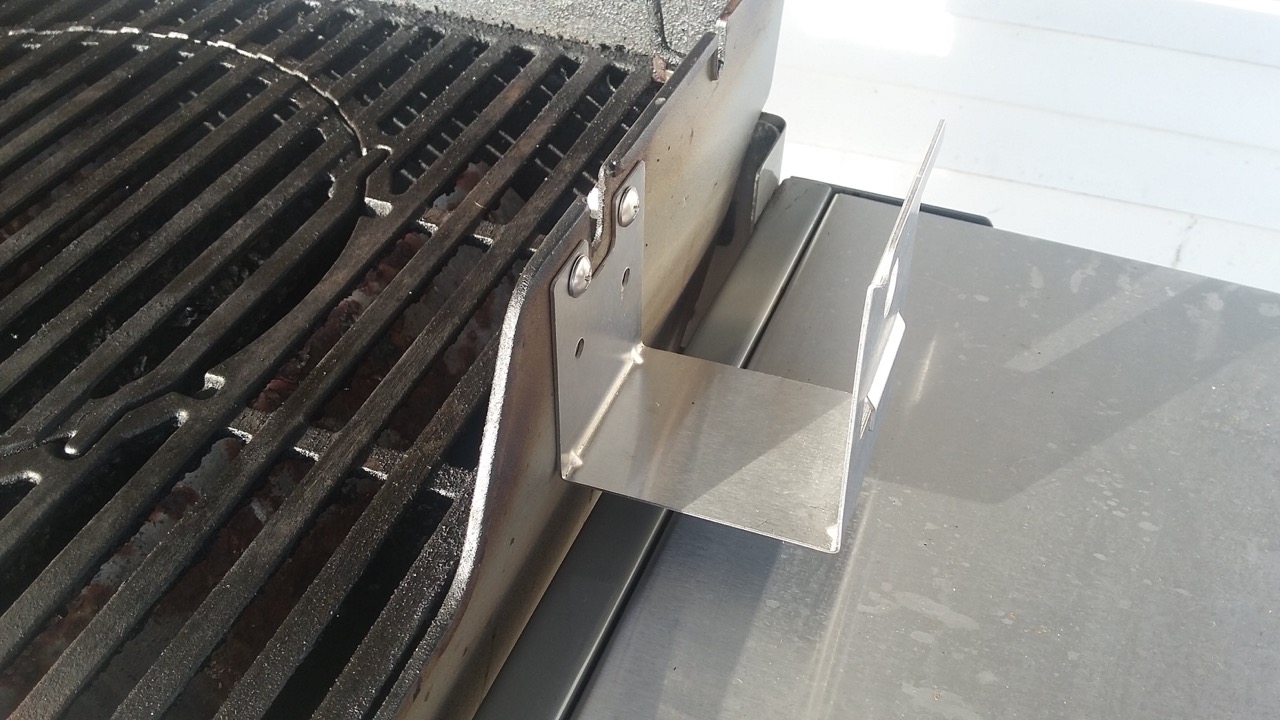

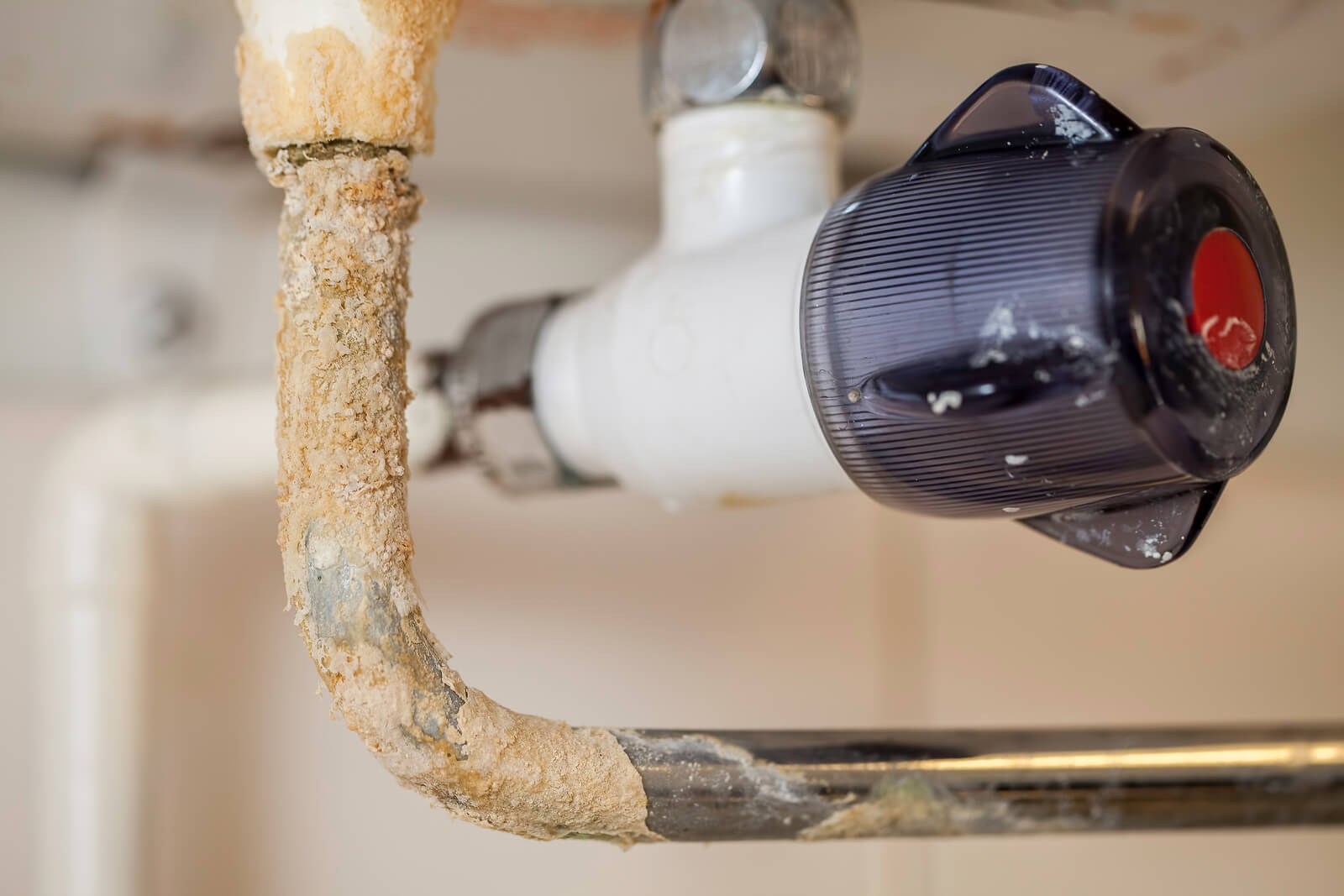



0 thoughts on “How To Store Mineral Spirits”